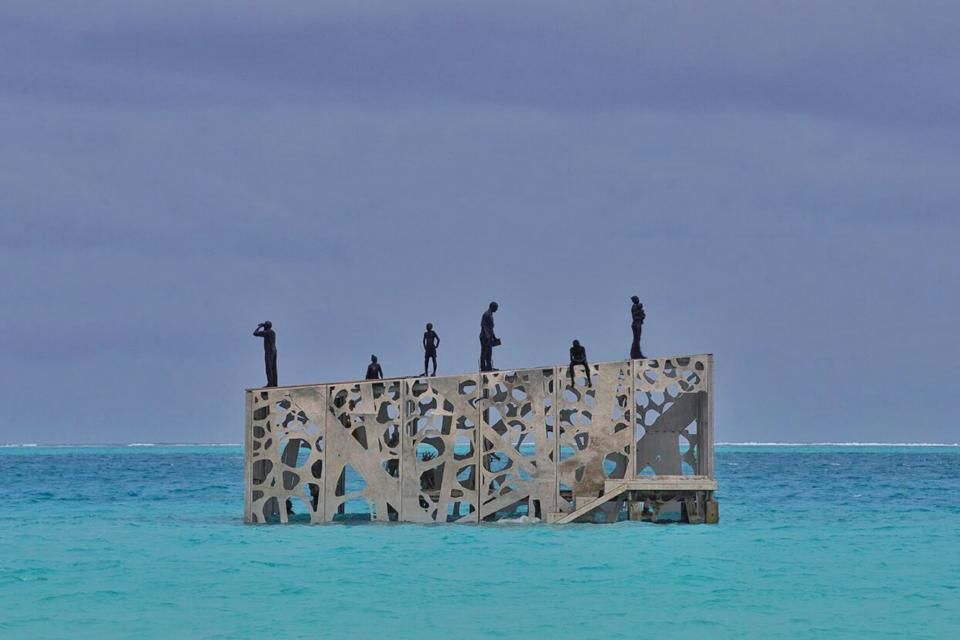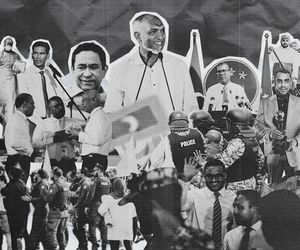Maldives president ‘lies about everything’
Almost 30 sculptures are part of a stunning semi-submerged art installation in the Maldives.

12 Aug 2018, 09:00
Maldives President Abdulla Yameen was Sunday accused of lying about everything, after sculptures that he said would be removed from a high-end resort by the end of last month are still in place.
The exquisite pieces, at the Maldives Sirru Fen Fushi, are nestled in the world’s first semi-submerged museum and were created by British artist Jason deCaires Taylor. They are based on casts of real people, about half of whom are from the Maldives.
But the government faced criticism from religious scholars and politicians who deem human-form sculptures to be anti-Islamic.
The President’s Office said there was “significant public sentiment against the installation of underwater sculptures” and ordered their removal – also setting a deadline – with Yameen being praised for his religious integrity.
Become a member
Get full access to our archive and personalise your experience.
Already a member?
Discussion
No comments yet. Be the first to share your thoughts!
No comments yet. Be the first to join the conversation!
Join the Conversation
Sign in to share your thoughts under an alias and take part in the discussion. Independent journalism thrives on open, respectful debate — your voice matters.




